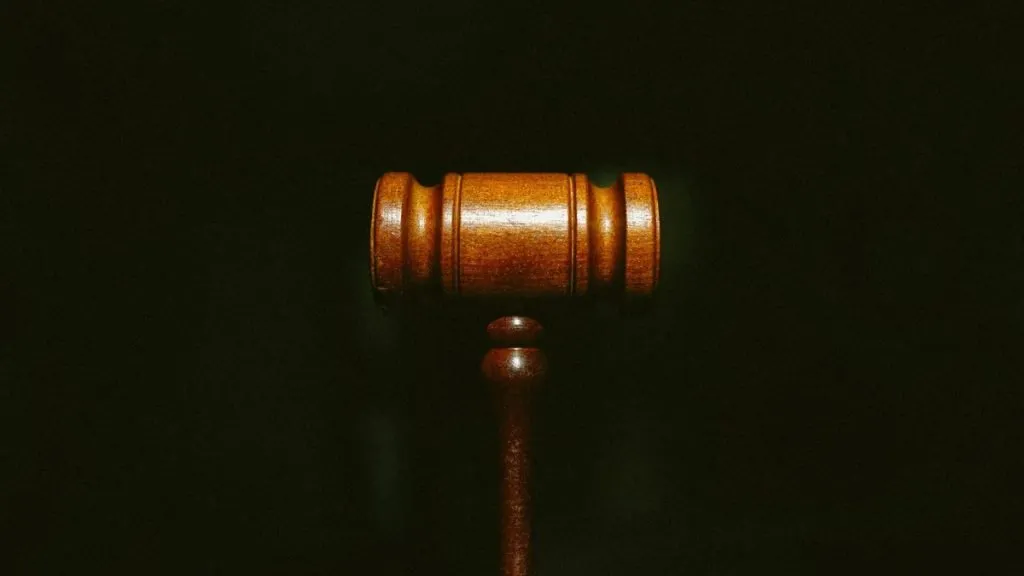
Photo Credit: Tingey Law Firm
A US federal district judge is questioning Meta’s ‘copyright fair use’ defense for materials used to train its AI. The judge is hearing arguments related to the case comedian Sarah Silverman and two other authors filed against Meta and OpenAI in 2023.
Meta has argued in court that any copyrighted materials used to train its AI models fall under the fair use doctrine. But US federal district judge Vince Chhabria seems less than convinced by Meta’s attorney’s arguments. “You have companies using copyright-protected material to create a product that is capable of producing an infinite number of competing products,” Chhabira told Meta’s attorneys in a San Francisco court on Friday.
“You are dramatically changing, you might even say obliterating, the market for that person’s work. And you’re saying that you don’t even have to pay a license to that person—I just don’t understand how that can be fair use,” Chhabira continued.
Fair use is a doctrine that permits the use of copyrighted materials without explicit permission of the copyright holder in certain situations. Those situations include for the purpose of criticism, news reporting, teaching, and research. Meta’s argument is that its AI systems fall under the ‘research’ aspect, that its LLMs ‘study’ material to create transformative new content.
“This seems like a highly unusual case in the sense that though the copying is for a highly transformative purpose, the copying has a high likelihood of leading to the flooding of the markets for the copyrighted works,” Chhabira says. He asked Meta’s attorneys about the broader impact on much less established creators with the question “What about the new Taylor Swift?” Judge Chhabira argued that a relatively unknown artist whose work is ingested by Meta could see their career stifled if the model generates a “billion pop songs” in their style.
While thoroughly grilling Meta AI’s attorneys, the judge also pressed the plaintiff’s legal team to provide concrete evidence that Meta’s AI outputs would harm the market for specific works. “It seems like you’re asking to speculate [that] the market for [a] Silverman memoir will [be] affected. It’s not clear to me that this is the case.”
The outcome of this case—whether on summary judgment or at trial—could set a major precedent for how U.S. courts interpret fair use in the context of AI training and copyright law in the future.
Artificial Intelligence (AI), Music Industry News, Pop Culture, 3:23-cv-03417
This post was originally authored and published by Ashley King Digital Music News via RSS Feed. Join today to get your news feed on Nationwide Report®.



























